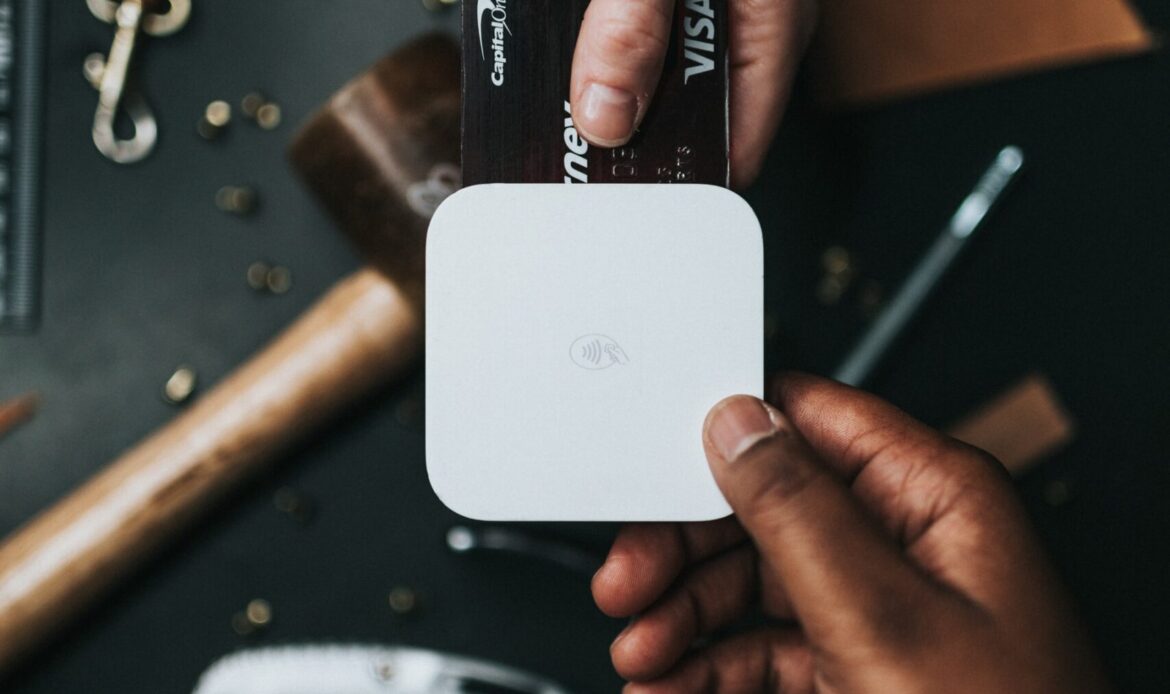If you’ve experienced the loss of a loved one and are on a low income, it might be possible to receive financial assistance in the form of a Funeral Payment. A Funeral Payment can help cover some of the costs associated with a funeral and does not have to be repaid.
How much you receive will depend on your personal circumstances and there are criteria you’ll need to meet in order to receive the payment. Here we walk you through a few of the most frequently asked questions relating to the government’s Social Fund, and Funeral Payments in particular.

Funeral Payment
The Funeral Payment is a government scheme established to help those on low income cover the essential expenditures associated with funerals. It can be spent on burial or cremation fees, travel, transporting the body to another location within the UK, and up to £700 worth of funeral expenses. These expenses include but are not limited to, funeral director’s fees, floral arrangements, and the coffin or casket. On average, the government pays out £1,400 to those that apply.
How to qualify for a Funeral Payment
To receive a Funeral Payment you need to have had a specific relationship with the deceased. You must be either the partner of the deceased when they died, a close relative or friend of the deceased, the parent of a baby stillborn after 24 weeks of pregnancy, or the person or parent responsible for a child who died under the age of 16.
You or your partner also need to be receiving one or more qualifying benefits. The list of qualifying benefits includes:
- Universal Credit
- Income Support
- Housing Benefit
- Income-based Jobseeker’s Allowance
- Income-related Employment and Support Allowance
- Pension Credit
- Child Tax Credit
- Working Tax Credit
Funeral Payment claims must be made within three months of the funeral.
How do I claim for Funeral Payment?
There are two main ways to claim Funeral Payment. The first way to claim for Funeral Payment is to fill in the SF200 form. This is obtainable through the gov.uk site in England, Wales, and Scotland. This is then posted to the address on the form. You can also apply by calling the Bereavement Service helpline on 0345 606 0265.
In Northern Ireland, you can visit the nearest social security office or find it at the nidirect site. You must apply within 3 months of the funeral.
If you wish to apply before the funeral has taken place, you can only do so if you have received an invoice from the funeral director.
What can a Funeral Payment be used for?
A Funeral Payment can be used to pay for up to £700 of funeral expenses, including burial or cremation fees, travel to the funeral, death certificates, and other documentation, and the cost of transporting the body to another part of the UK if necessary.
A full list of approved expenditures can be found here. If you’ve already paid for the funeral, the money will be paid into your bank account. If you haven’t, the money will be paid directly to the funeral director in charge of the funeral.
Why you might be declined the Funeral Payment
There are a few situations in which you may not receive the Funeral Payment, though most of these involve not meeting the criteria set out above.
You also need to be aware that you’ll only receive help in the form of a Funeral Payment for those things not covered by a pre-paid funeral plan and that you may receive less or nothing at all if an insurance policy or the deceased’s estate is able to provide the funds.
Alternatives to Funeral Payment
There are a number of other government schemes designed to help the recently bereaved in more general ways. Bereavement Allowance is a taxable benefit for those who have lost their husband, wife, or partner and who are older than 45 but still under the State Pension age. The Bereavement Payment is a one-off, tax-free payment of £2000 available to those who lost their husband, wife, or civil partner and who are under the State Pension age or, if over the State Pension age, whose partner wasn’t entitled to a State Pension based on their own NI contributions.

